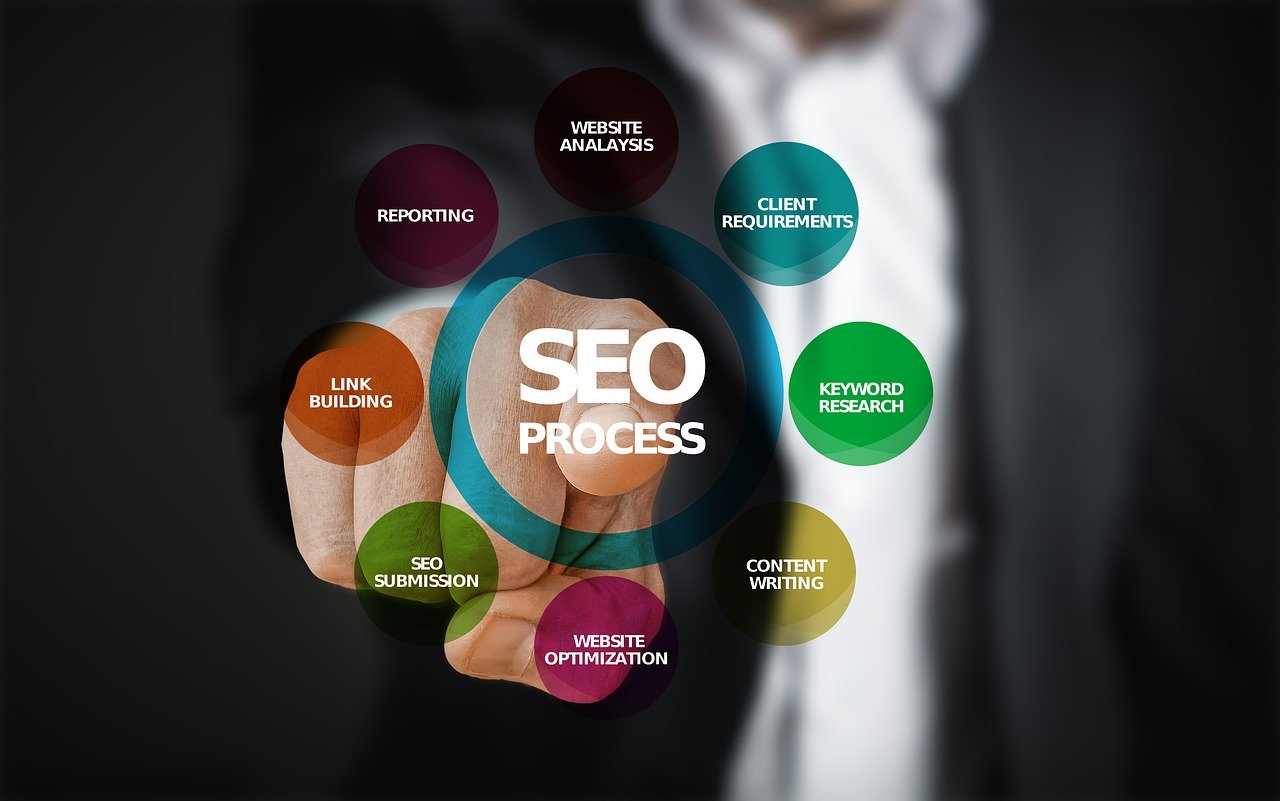The majority of people focus on a large proportion of their time on ‘keywords’ and not much else. However, if you have been working diligently on keyword optimization, but you are still not getting the results you want, you may need to consider other factors that affect SEO ranking. Seo algorithms not only rate the relevance of your keywords on pages and in the metadata, but they also evaluate information such as the duration visitors stay on your site, broken links, and bounce rates.
Having users to interact with your content and stay on your webpage boosts your website’s ranking, and you can do so by improving the usability and user experience of your site. Using keywords to get users to click through your website is not enough. If you use SEO as an approach to optimize your website for people who use search engines, the user-friendliness notion becomes an essential factor. Follow these suggestions to improve your SEO and watch your website rise the ranks to the top of search engine results.:
on your webpage boosts your website’s ranking, and you can do so by improving the usability and user experience of your site. Using keywords to get users to click through your website is not enough. If you use SEO as an approach to optimize your website for people who use search engines, the user-friendliness notion becomes an essential factor. Follow these suggestions to improve your SEO and watch your website rise the ranks to the top of search engine results.:
Publish Relevant Content
Quality content is the top driver of your search engine rankings, and there is no substitute for great content. Quality content created specifically for your target audience increases site traffic, which improves your site’s authority and relevance. You should fine-tune your web writing skills.
Update Your Content Regularly
 Content is the first accessory for a good website and search engines too. Content regularly updated is viewed as one of the best indicators of a site’s relevancy, to sure keep it fresh. Audit your content on a set schedule and make updates as needed.
Content is the first accessory for a good website and search engines too. Content regularly updated is viewed as one of the best indicators of a site’s relevancy, to sure keep it fresh. Audit your content on a set schedule and make updates as needed.
Metadata
When designing your website, each page contains a space between the head tags to insert metadata, or information about the contents of your page. If you have a CMS site initially produced by the UMC web team will have pre-populated this data for you. However, you need to review and update metadata as your site keeps changing frequently.
Have a Link-worthy Site
It would help if you focused on creating relevant links within the text. Instead of having the ‘click here’ links, you try writing out the name of the destination. It would be best if you always used descriptive links by linking keywords; it improves your search engine optimization. It adds value to your readers, including those with disabilities or who are using screen readers.
Use Alt Tags
You should always describe your visual and video media using alt tags, or alternative text descriptions. It allows search engines to locate your web page, which is vital, especially for those who use text-only browsers or screen readers.




